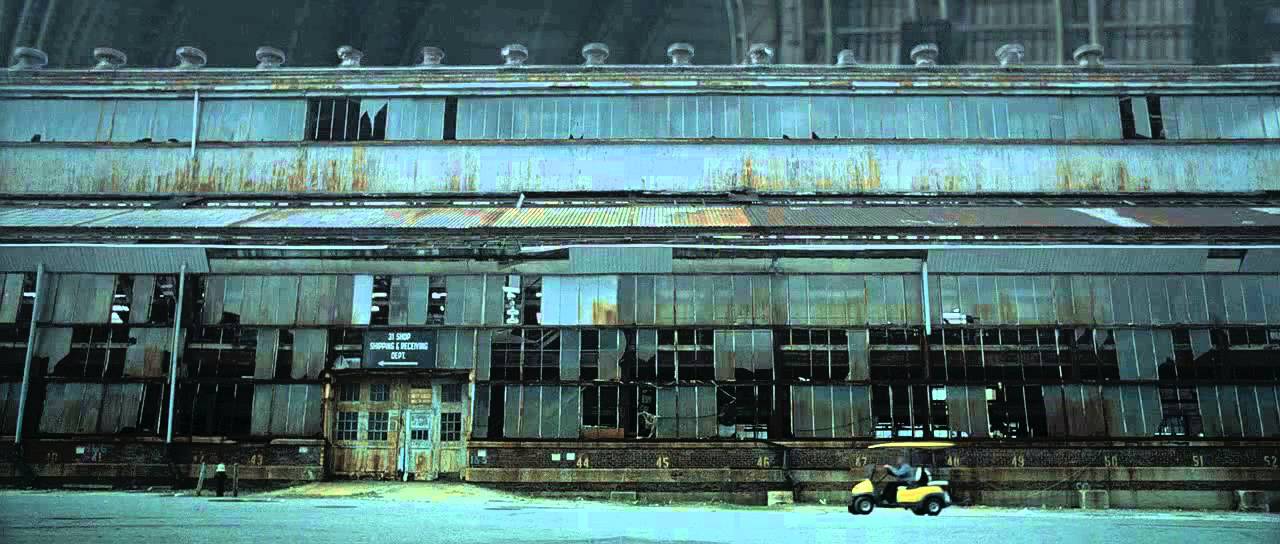You have just read a blog post written by Jason McIntosh.
If you wish, you can visit the rest of the blog, or subscribe to it via RSS. You can also find Jason on Twitter, or send him an email.
Thank you kindly for your time and attention today.

I recall very much wishing to see this Charlie Kaufman film during its initial run in the late aughts. I count the Kaufman-penned Being John Malcovich as a favorite film from my own young adulthood. Perhaps I would have liked Synecdoche more had I seen it closer to then. My contexts have since changed. The meal satisfied my appetite when I watched it last night, but a day later I find myself left with an overpowering aftertaste of Oh no, a wealthy and accomplished middle-aged white New York man feels sad! Let’s all drop everything and pay attention to him for two hours!
And, you know, hashtag-not-all-brotagonists. The Coen brothers’ Barton Fink took a similar starting hook — insofar as giving a stage-director protag fortune and glory and there his troubles began — and built something far more coherent and widely meaningful out of far fewer resources. Synecdoche feels lodged in an uncomfortable space between that earlier picture and the more recent Birdman, which Alejandro Iñárritu bound with strict narrative and style constraints while working over the same-again material, and so made something remarkably memorable.
Synecdoche tries its own tack, of course, through acceptance of surreality, a willingness to treat time, space, and causality loosely, and a director practiced with playing such games on film effectively. Just the same, I don’t think it really struck the mark.
My attention flared, on cue, when towards the end of the first act we follow spurned Hazel, in the only scene not shot from sad Caden’s point of view, as she purchases a house literally on fire. Smoke billows from the windows as she rings the doorbell, and flames lick the walls while the agent tours her through. I savored the thought of what later payoff would come from this, and at one point thought the film would jump track, thrillingly, to center on Hazel, Keeper of the Flame. None of this happens; I think the film means to imply that Hazel’s conflagration exists only in Caden’s perception after all, just like how he spends his declining years endlessly contemplating his own water-treading through a kaleidoscope of dramatic doppelgangers, and just like how in his apparent final moments he concludes his fantasy of the world literally ending with him.
Solipsism just doesn’t interest me that much. Even when you’ve clearly spent a lot of money on it.
Next post: My !!Con talk, and other notes
Previous post: My summer speaking schedule: !!Con, The Perl Conference
To share a response that links to this page from somewhere else on the web, paste its URL here.